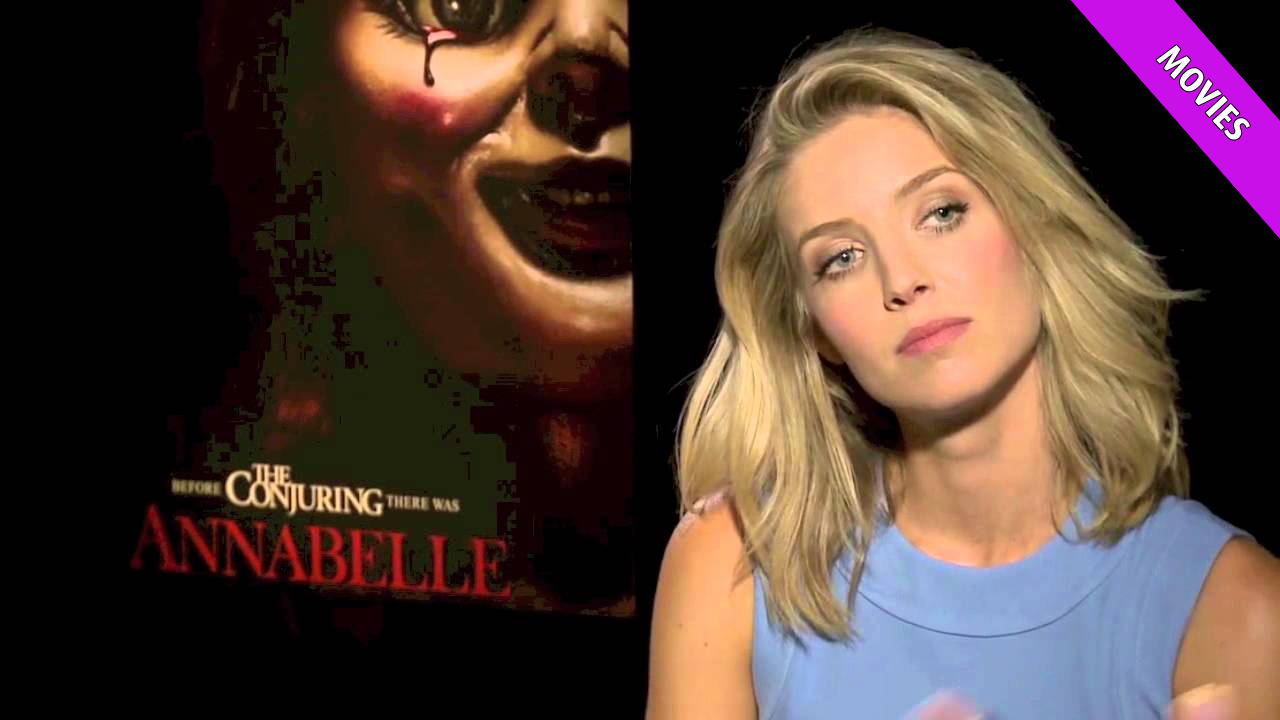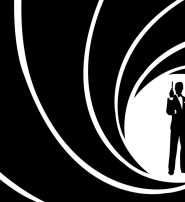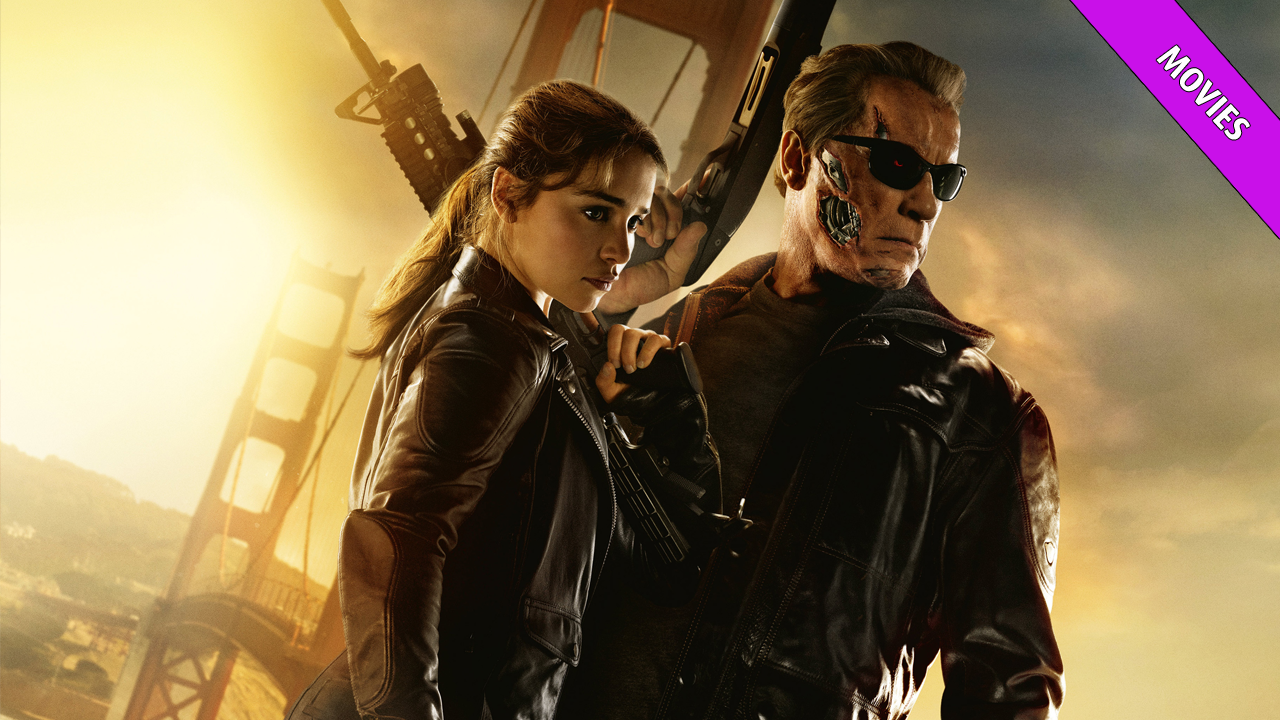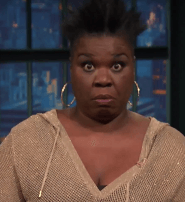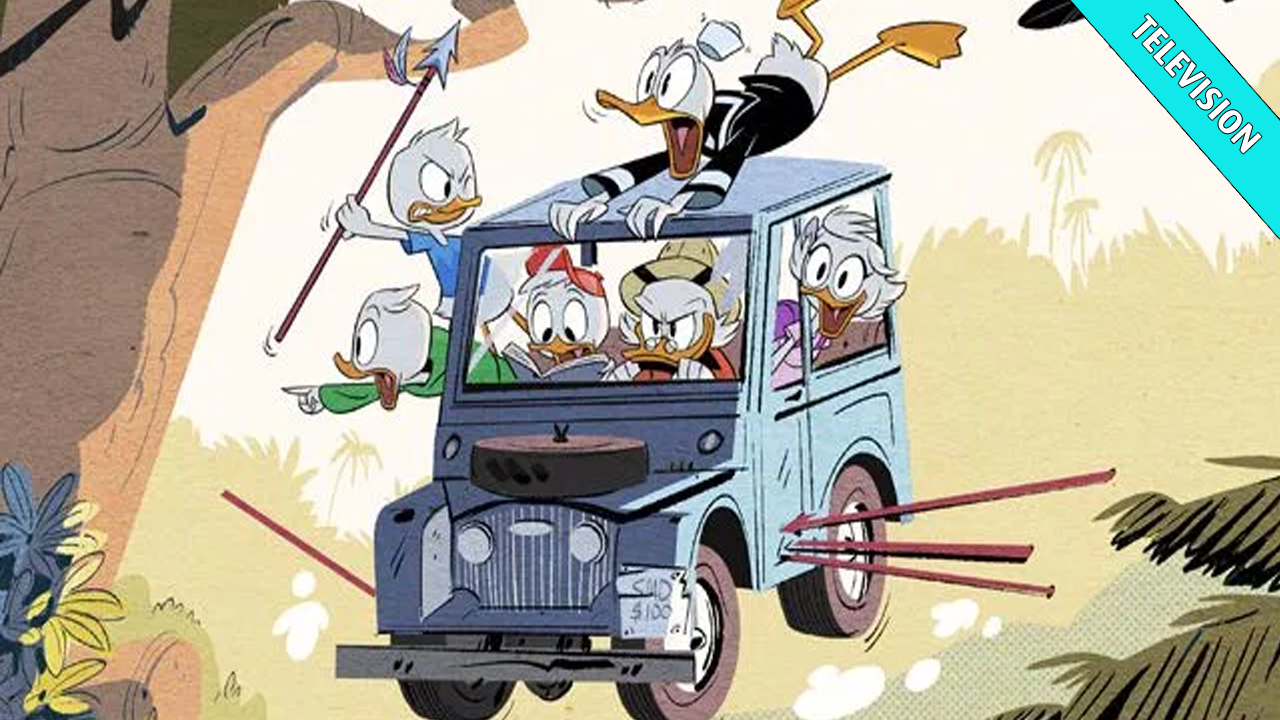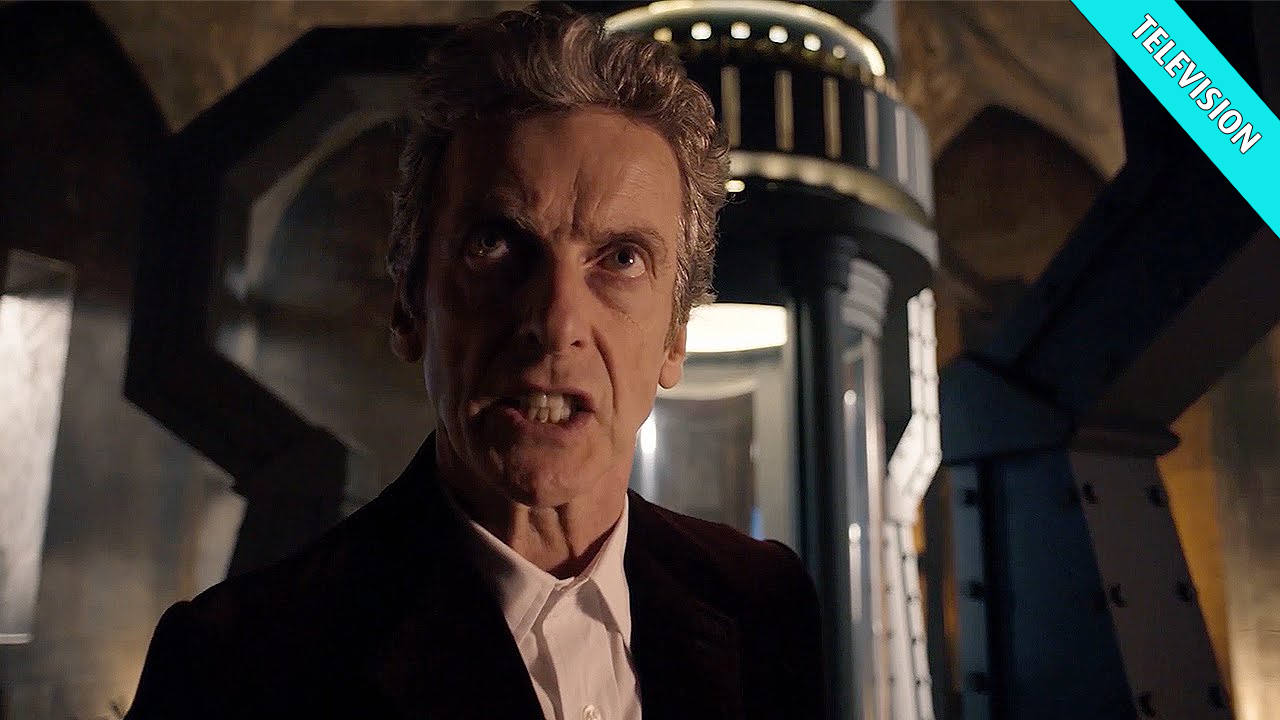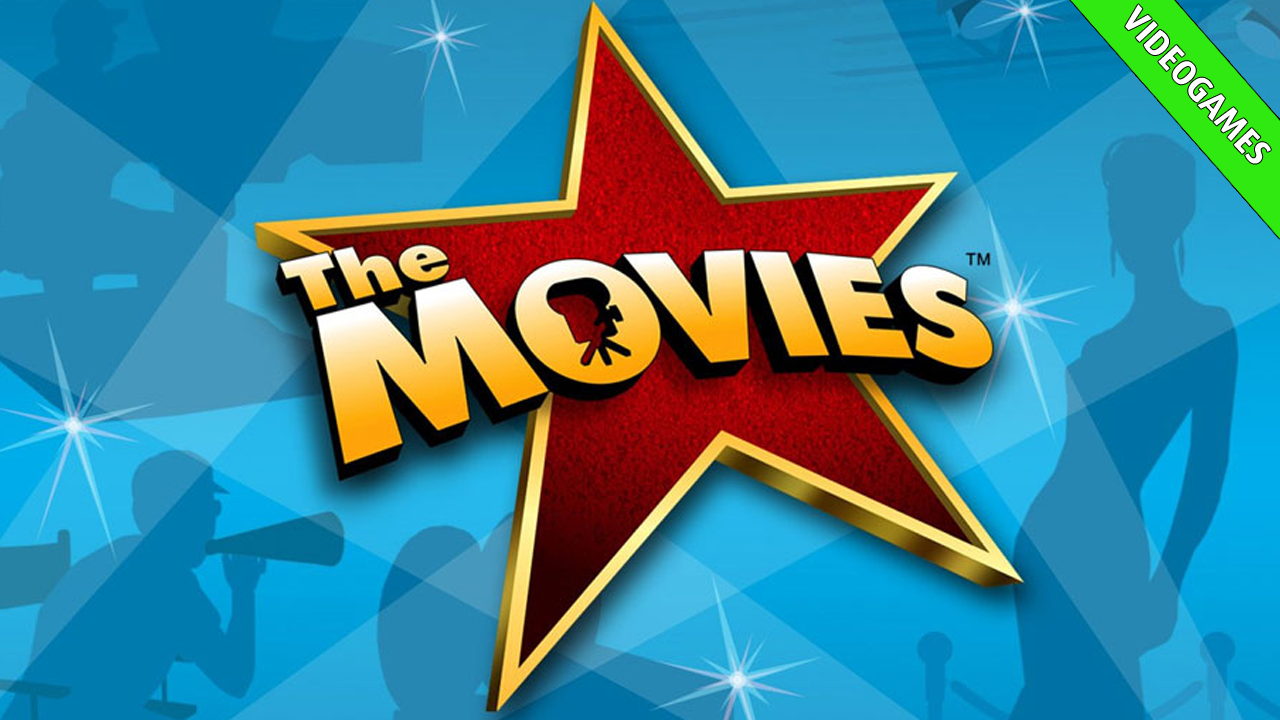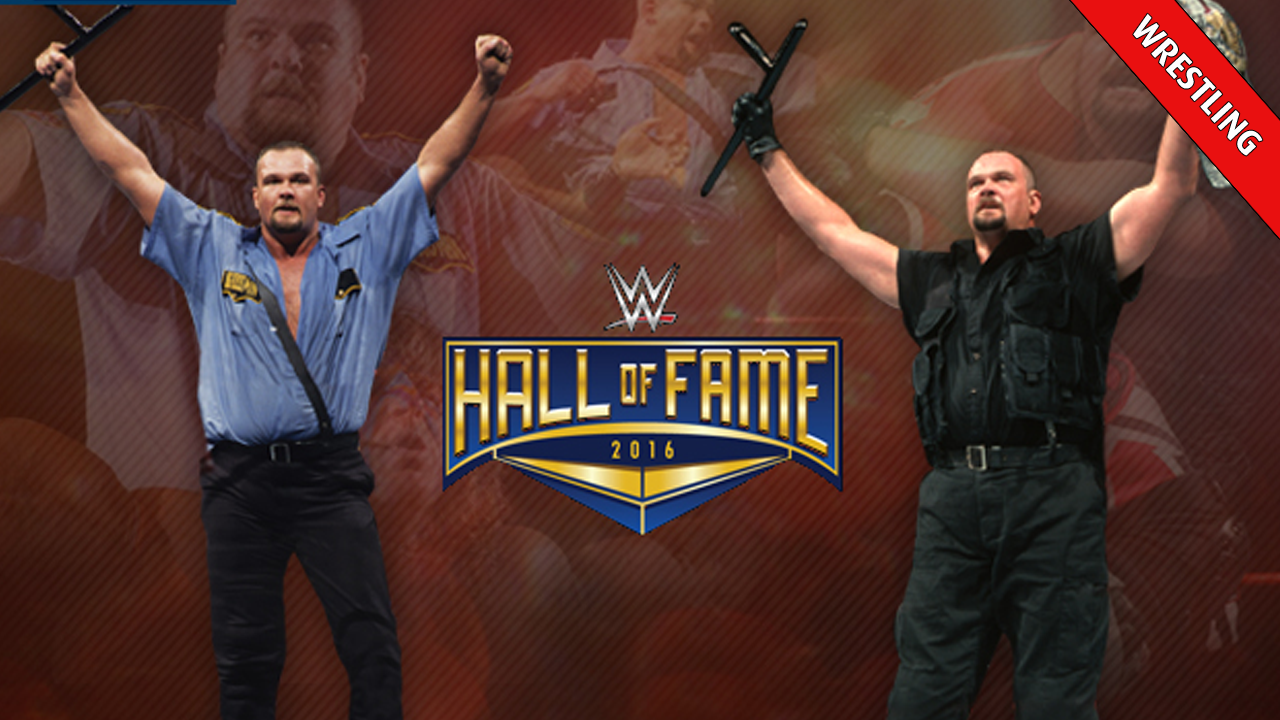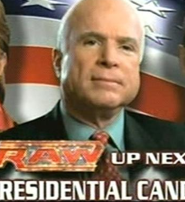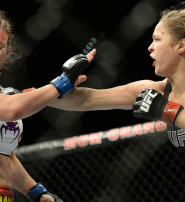Suffragette Review (2015)
I’ve already discussed how Straight Outta Compton was a huge success not necessarily because it was a good film but because of the timing of the film’s release and the events that were happening in America. I know this because we have a control movie, Suffragette. This was a film about an influential part of the women’s rights movement and while this film did OK at the box-office, it certainly wasn’t the big hit that Straight Outta Compton was. But maybe it’s something else, maybe Suffragette‘s quality does not match up to the N.W.A biopic. Let’s find out.
While doing her daily jobs, Maud (Carey Mulligan, Drive) ends up being involved in some of the first violent suffragette protests. She slowly gets more and more involved in the movement and after being arrested for inadvertently being involved in a riot, she becomes a fully fledged suffragette. From here the movie explores the avenues that open to her and the resistance her (and the movement itself) faced.
The way this film frames the story is fantastic. We don’t plunge straight into the midst of the movement we first see it like Maud; as an outsider. We see she’s not entirely sure what these women are doing or why they are doing it. This is great, it means the film is an interesting educational tool for those who don’t know the details of the movement (like me). But it also means the character transformation of Maud is fantastic. The fact she’s persuaded to go to rallies by her friend Violent (Anne-Marie Duff, The Magdalene Sisters) and then is slowly persuaded not by long speeches, well one long speech but it’s by Emmeline Pankhurst (Meryl Streep, The Devil Wears Prada) so it’s forgiveable, but by seeing the actions of her fellow women and the lengths they are willing to go to. It’s also nice there isn’t really much of a Eureka moment as it allows the narrative to run smoothly.
The thing that elevates this film above so many similar ones is the performance of Carey Mulligan. The rest of the cast are great, special mention has to go to Ben Whishaw (Perfume: The Story of a Murderer) who does a fantastic job in playing against type as Maud’s contemptible husband, but Mulligan is a level on her own. She plays the vulnerable side of her character brilliantly, making us believe completely why she wouldn’t immediately join the suffragette movement even though it seems to very obvious to us nowadays. And even when she becomes a more forceful woman after she officially joins the movement, you can still see in her movements and her eyes that she still hurts for what she’s lost. It’s an incredible performance and I think one of the big snubs of the Oscar season.
The big flaw of this film though is that it lacks an intensity. I can’t place a finger on why it is, but certain scenes just don’t have the impact they should. There are two instances in particular I’m thinking of. Firstly, there is the riot outside parliament after it’s announced women will not be getting the vote. Then there is the scene where Maud is force fed after going on hunger strike. These should be big scenes, the ones that stick in your mind for hours after. However the directing from Sarah Gavron (Brick Lane) is lacking and what irritates me is that I’m not sure what it needs to have that intensity it needs.
What makes this more frustrating is Gavron piles so much intensity into one of the concluding scenes, so I know she can do it. This ends with Emily Davison (Natalie Press, My Summer of Love) and the king’s horse. If you know your feminism history, you know the event I’m referring too. And this scene is fantastic. The frantic camera work, the supreme score, the constant drum of the horse’s hooves, it all contributes to a simply fantastic scene. It also uses our prior knowledge against us as knowing what’s about to happen makes it all the more intense.
But even this has a couple of flaws. For instance, we don’t really know Emily that well. We some of the other suffragettes quite well like Violet and Edith (Helena Bonham Carter, Fight Club) but not Emily. This is a shame as if we concentrated on her more and fleshing out her character, which the film does not do, it would have made that final scene even better. Heck, if they had done it I’d be praising the climax as one of the best scenes I’ve seen in the last few years.
Suffragette is a weird bed mate with Straight Outta Compton, though it does concentrate on similar themes of the bottom of society rising up against oppressive authority figures. And the reason Suffragette wasn’t a success is not down to it’s quality as while this isn’t a perfect film, it’s certainly as good as Compton. No, the reason this film wasn’t a huge success was because it didn’t hit the same nerve that Compton did as despite the film’s best efforts, the plight of women trying to get the vote still fears quite faraway due to the progress we’ve made in women’s rights over the 100 years since this was set. Still, you should see it.
